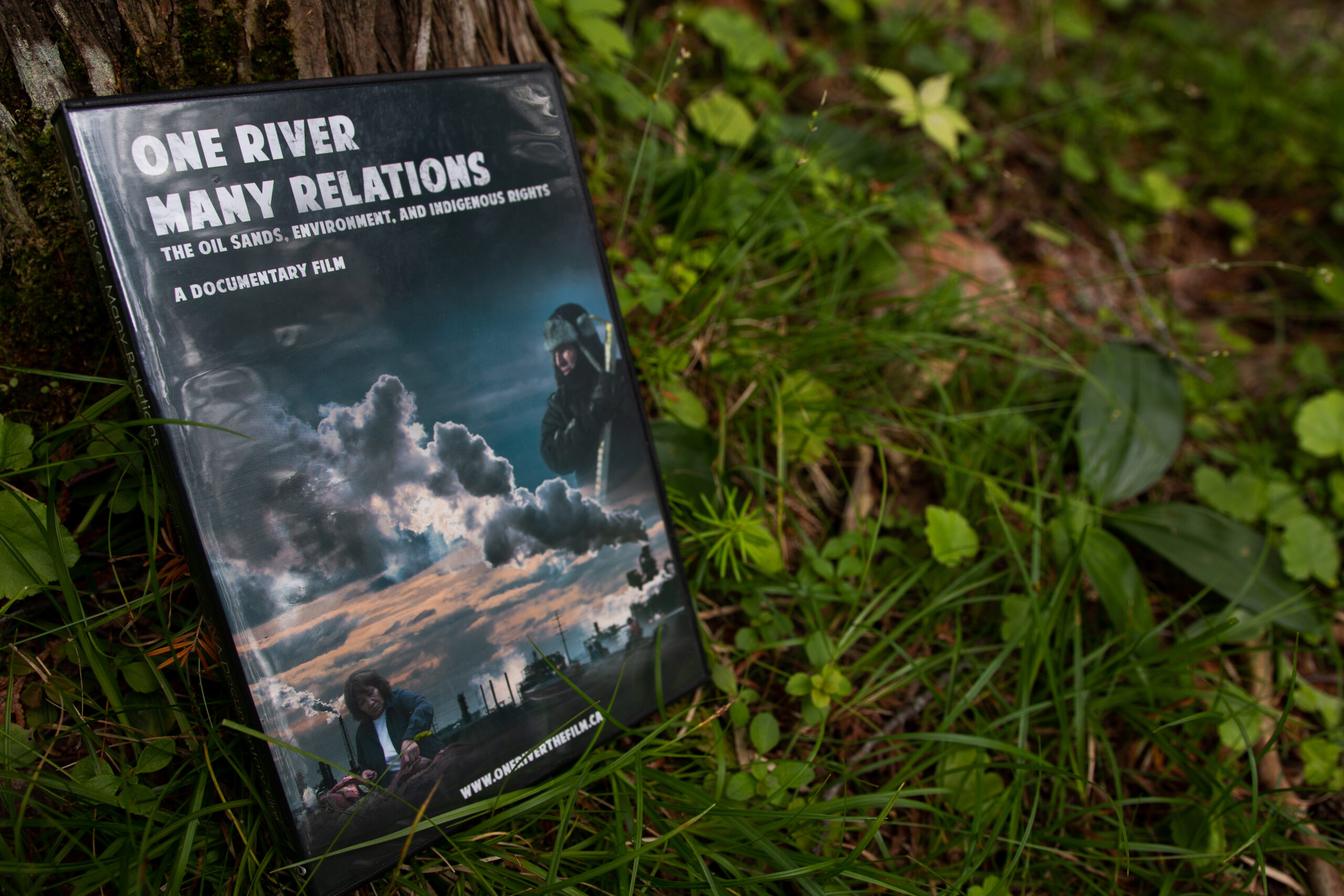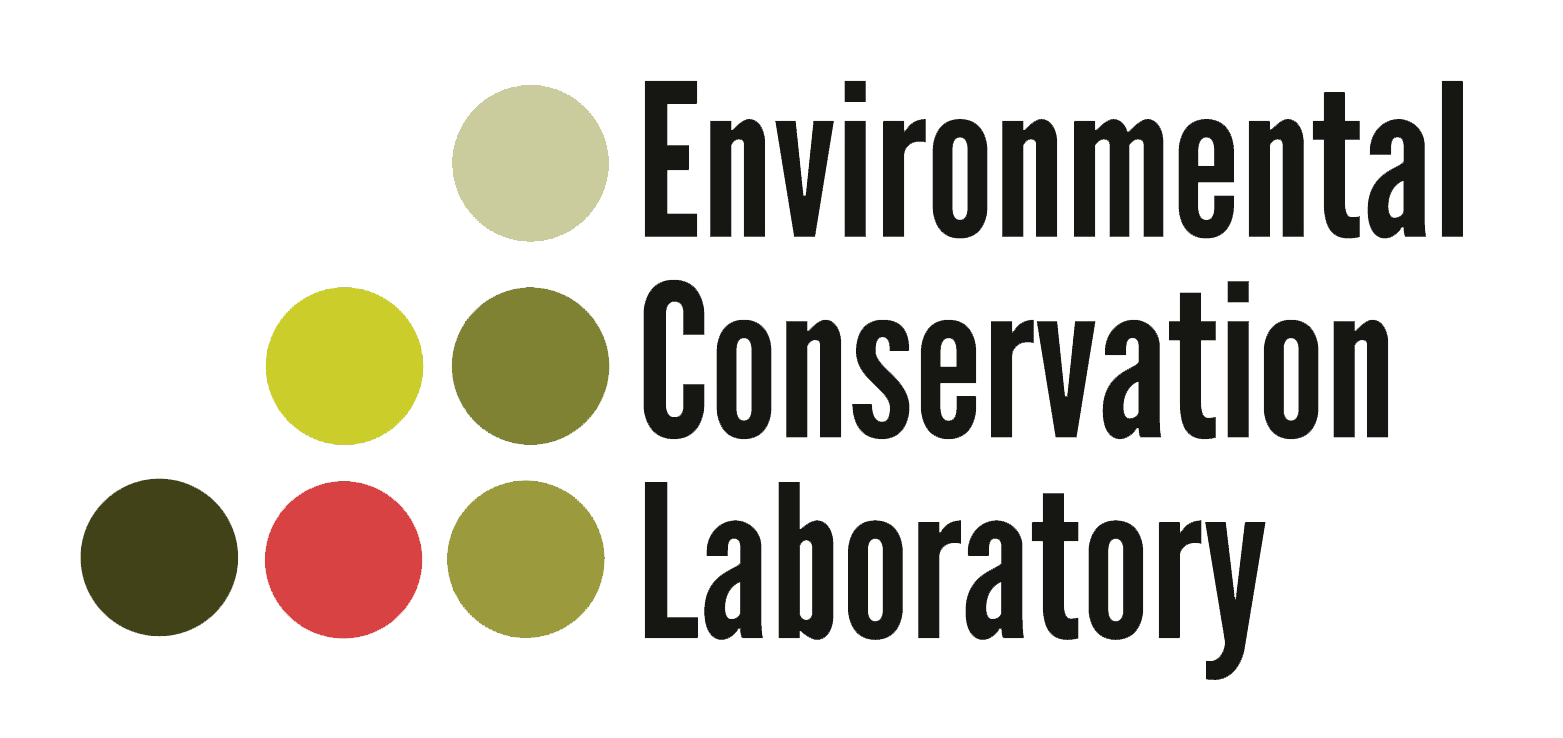One River Many Relations
Environment, Health, and Indigenous Communities in Alberta and Northwest Territories

About us
One essential voice is excluded from Canada’s largest and most controversial industrial development; the voice of Indigenous communities downstream from the Oil Sands.
In close collaboration with local communities along the Athabasca and Slave Rivers, our focus on changes in the health of wildlife, the environment, and local people have led us to develop the One River, Many Relations Documentary. Our hope is that our film can play a role in the sharing of information, concerns, and perspectives on development in the watershed, and also create connections between communities, citizens, researchers, industry, and government. In the process, hopefully all, including those of us that live up and downstream, can better realize how local people are being affected.

Our Partners
Athabasca Chipewyan First Nation
PrioNet Canada
Health Canada
Mikisew Cree First Nation
Social Sciences and Humanities Council of Canada
Our Films
There are a number of published video materials on youtube channel. CLICK HERE to view them.
To receive a full length DVD copy of the film, email us at eclinfo@umanitoba.ca
Available while supplies last.
One River Many Relations: Official Trailer
One River Many Relations: Opening Clip
Publications
Oil sands pollution linked to higher cancer rates in Fort Chipewyan for first time: study
By Postmedia News in 2014
EDMONTON — Pollution in the oil sands have been linked to elevated cancer rates in Fort Chipewyan for the first time.
The effect on health in communities downwind of development is “clear and worrisome,” researcher Stephane McLachlan said Monday during a news conference in Edmonton. “Something unique is happening in Fort Chipewyan, especially around cancer.”
Conducted in collaboration with the Athabasca Chipewyan and Mikisew Cree First Nations, the University of Manitoba study found fish and animals consumed as part of a traditional diet contained unusually high concentrations of contaminants emitted during the extraction and upgrading of bitumen.
Twenty-three cases of cancer were reported among 94 people interviewed as part of the three-year, $1-million study, which was partially paid for by Health Canada and peer-reviewed by its scientists.
“This report confirms what we have suspected about the association between the environmental contaminants from oil sands production and cancer and other illness in our community,” said Steve Courtoreille, chief of the Mikisew Cree First Nation. “We are greatly alarmed and demand further research to expand on these findings. It is time government does something. Enough is enough.”
Fort Chipewyan cancer study suggesting oilsands link to be released today
By CBC News in 2014
A long-awaited health study suggesting the Alberta oilsands are in part to blame for some health concerns in the downstream community of Fort Chipewyan will be released later Monday.
An executive summary of the study’s findings was released last week but the full report will be made public in Edmonton at 1:30 MT at a press conference at the Downtown Courtyard Marriott.
The study is based on the work of residents of the Athabasca Chipewyan First Nation and the Mikisew Cree First Nation and scientists from the University of Manitoba, who measured the extent of heavy metals and other contaminants in country foods harvested by indigenous people in the region.
“The findings would seem to link [oilsands] development with what they found, especially the heavy metals in food,” said John O’Connor, a family physician who practiced in Fort Chipewyan for several years and first raised concerns about a possible link between cancer rates and oilsands development in 2006.
O’Connor will discuss the study’s key findings at Monday’s press conference.
The conclusions are expected to be controversial, in part because of the study’s methodology, which some see as not scientifically rigorous enough to support the findings. The researchers admit in the executive summary that the outcomes of the study “have been shaped and controlled throughout” by the two First Nations groups that were funding it.
Visit our Website or Find us on Social Media
https://www.youtube.com/user/manyrelations
https://web.archive.org/web/20150302212612/http://www.oneriverthefilm.ca/
